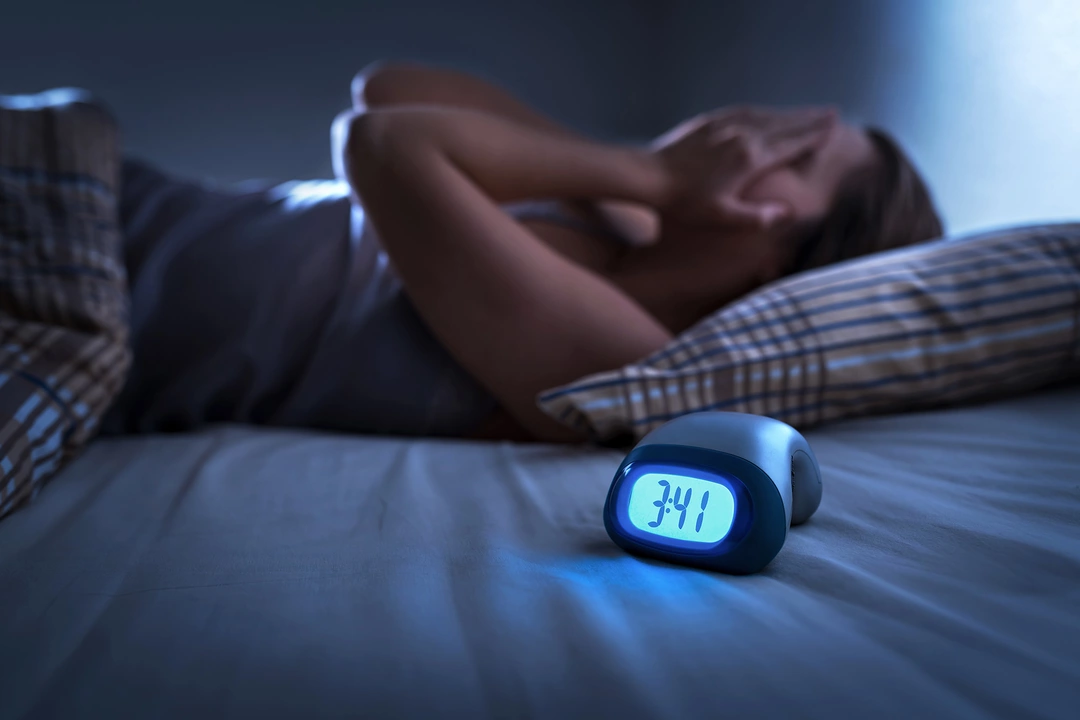Insomnia: Clear, Practical Help for Falling and Staying Asleep
Can’t sleep night after night? Insomnia means trouble falling asleep, staying asleep, or waking too early and not getting back to sleep. It’s common — roughly one in three adults struggles with sleep sometimes — but constant sleepless nights wear you down fast. This page gives quick, real-world steps you can try tonight and explains when to get professional help.
Start small: fix the basics first. Keep a regular sleep schedule — go to bed and wake up within the same 30 minutes every day, even weekends. Make your bedroom dark, cool (around 60–67°F or 15–19°C), and quiet. Remove screens at least 30 minutes before bed; the blue light fools your brain into thinking it’s daytime. Use a simple wind-down routine: low light, a short walk, or five minutes of gentle stretching. Avoid big meals, alcohol, and caffeine within 4–6 hours of bedtime.
Quick fixes and proven habits
If you lie awake, get up after 15–20 minutes — don’t stay in bed fighting sleep. Do something boring and quiet (read a paper book, listen to soft music) and return when sleepy. Try stimulus control: use the bed only for sleep and sex; avoid working, eating, or scrolling there. Limit naps to 20 minutes early in the afternoon. If anxiety keeps you awake, write down your worries before bed — a short list clears the mind and gives you a plan for tomorrow.
Cognitive Behavioral Therapy for Insomnia (CBT‑I) is a top non-drug treatment. It teaches practical changes to thoughts and behaviors that keep you awake. Many people see lasting improvement in weeks. You can find CBT‑I with a therapist, via online programs, or through some sleep clinics. Melatonin can help shift sleep timing in short-term cases — use low doses and talk to a clinician about timing and interactions if you take other meds.
When to see a doctor
See a clinician if sleep problems last more than three months, if daytime sleepiness affects work or safety, or if you snore loudly or gasp during sleep (that could be sleep apnea). Also get help if mood, memory, or daily functioning drop. Your doctor may check for medical causes (pain, thyroid issues, depression) or sleep disorders and recommend treatment options like CPAP for apnea, targeted meds, or referral for CBT‑I.
Short-term sleep aids can help during acute stress, but they’re not a long-term fix. Watch for side effects, dependence, and interactions with other drugs. Keep a sleep diary for one to two weeks before appointments — note bedtimes, wake times, naps, caffeine, and how you feel during the day. That small record speeds diagnosis and leads to better, quicker care.
Combine methods: pair consistent sleep habits with CBT‑I or short melatonin trials instead of relying on pills alone. Cut smoking and reduce alcohol — both harm sleep. Track patterns, revisit your plan every few weeks, and celebrate small wins. These steady steps build lasting sleep and better daytime energy.




